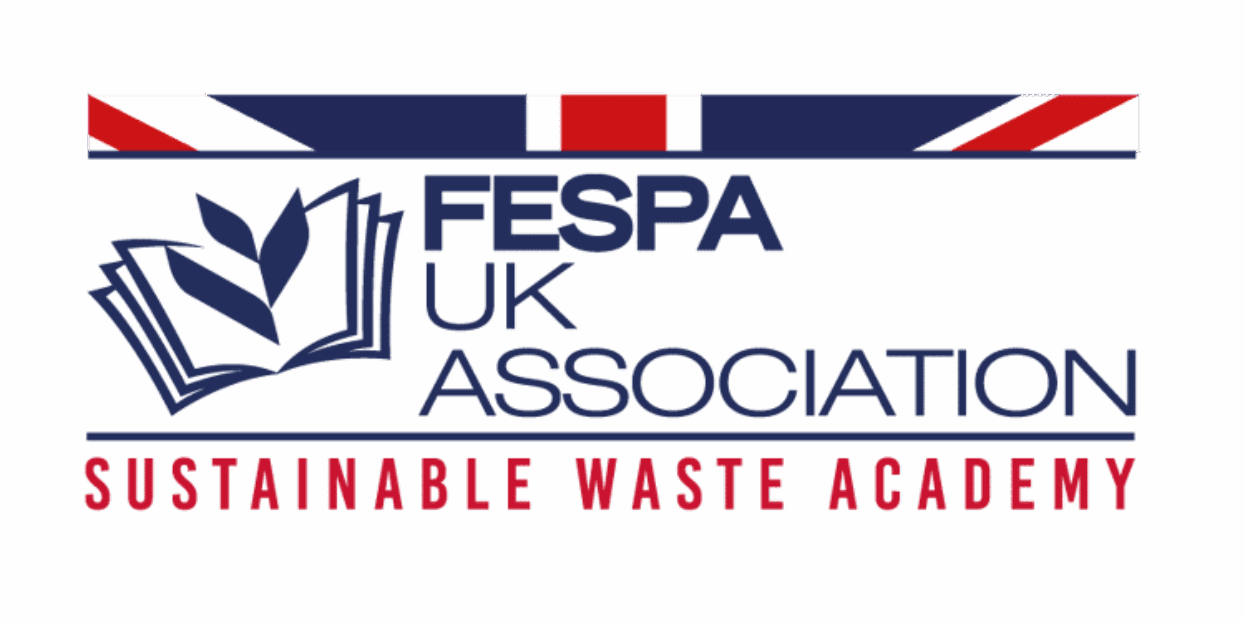Sustainability
The Waste Academy: lessons in printer sustainability
Author
FESPA Staff
Published Date
25/11/2023
Become a FESPA Member
to Continue Reading
